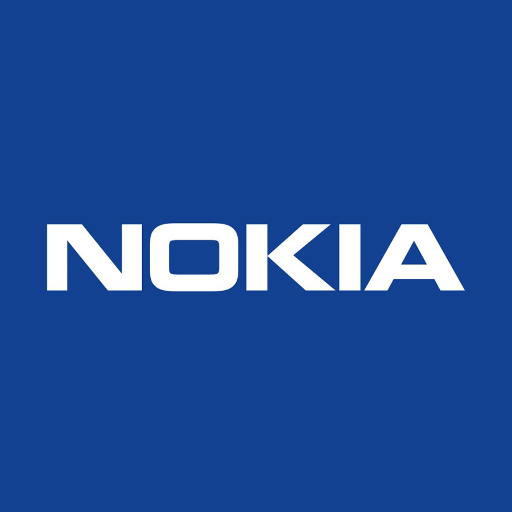Nokia unveiled its worldwide IoT network grid, a ‘one-stop-shop’, full service model offering seamless IoT connectivity across technologies and geographical borders to address the transport, health, utilities and safety markets.
Drawing on Nokia’s comprehensive technology and services expertise, Nokia WING can be implemented to provide enterprises with ubiquitous connectivity, subscription and device management, security and analytics. Connectivity is enabled by intelligent switching between cellular and non-cellular networks. For example, a shipping container linked by satellite in the ocean could switch to being connected by a cellular network near a port.
Nokia WING will manage the IoT connectivity and services needs of a client’s assets, such as connected cars or connected freight containers, as they move around the globe, reducing the complexity for enterprises who would otherwise be required to work with multiple technology providers.
Nokia will offer a full service model including provisioning, operations, security, billing and dedicated enterprise customer services from key operations command centers. The company will use its own IMPACT IoT platform for device management, subscription management and analytics. Nokia IMPACT subscription management for eSIM will automatically configure connectivity to a communication service provider’s network as the asset crosses geographical borders.

Nokia WING manages the IoT connectivity of assets, such as connected cars or freight containers, as they move around the globe, eliminating the complexities enterprises face in dealing with multiple technology providers.
Operators can take advantage of new business opportunities that will become available by joining a global federation of IoT connectivity services. They will be able to use their excess network capacity to serve multi-national enterprises that require near-global IoT connectivity to realize new revenue streams, rapidly and with little effort.
Customers are served on a multi-tenanted basis using a Nokia M2M Core that includes the Nokia Cloud Packet Core, which gives an enterprise customer access to their own discrete segment of the network core.
Communication service providers can quickly take advantage of new business opportunities that will be made available by joining a global federation of IoT connectivity services. By leveraging their excess network capacity they will be able to serve enterprises that require near global IoT connectivity, rapidly and with little effort, to realize new revenue streams.
For service providers planning to launch a new IoT business, Nokia can fast track time to market as WING also provides a full white label managed service model, allowing them to offer the service to their customers under their own brand.
Consumers will be able to benefit from a range of seamlessly connected IoT applications and devices as Nokia takes the lead in collaborating with communications service providers to create one global IoT grid.
“IoT connectivity as a managed service is an answer for enterprises to the current IoT deployments that are hampered by the patchwork of business agreements to connect devices around the world. Nokia WING will provide one global IoT grid,” said Igor Leprince, head of Global Services at Nokia. “We cannot do this alone, and we are reaching out to communication service providers across the globe to collaborate with us so that we can extend the benefits of the connected world to more industries.”
“Nokia is offering an innovative approach to IoT enablement with its IoT connectivity as a managed service offering. The complexity of IoT deployment, service development and business models makes it imperative for market participants to play to their strengths and build long-term, flexible partnerships,” said Alexandra Rehak, head of Ovum’s IoT Practice. “Nokia’s managed IoT service offering fits well with this requirement. The new offering leverages Nokia’s broad portfolio of technologies and strong expertise in network design and management, and should open up new business opportunities for operator customers and large enterprises alike. It offers a new approach to helping service providers extend their existing network and partnership agreements and quickly address new markets while focusing on their core competencies.”




